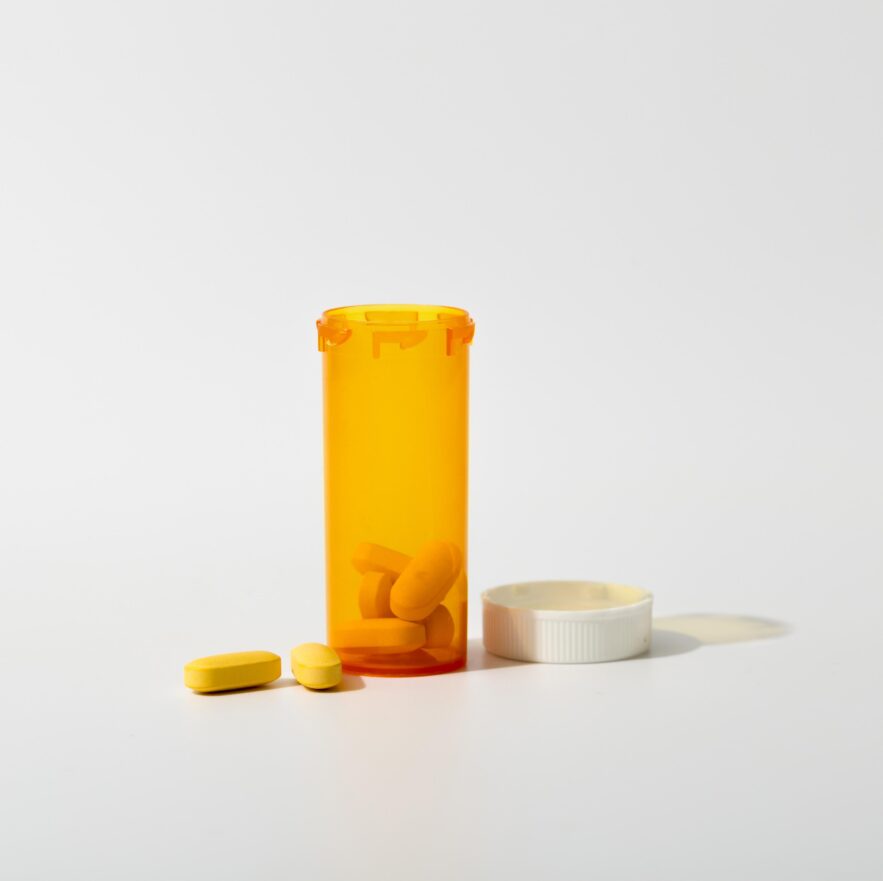Quick Hits: Despite new laws, new statistics show that rates of prescription opioid abuse have doubled over the last decade, according to the National Institute on Alcohol Abuse and Alcoholism. In 2012-13, about 10 million Americans, or 4.1% of adults, used opioid medications, such as Oxycontin and Vicodin, either without a prescription or not as prescribed, in the past year. That’s up from 1.8% in 2001-2002. Also, more than 11% of Americans in 2012-13 reported nonmedical use of prescription opioids at some point in their lives, a huge jump from 4.7% 10 years prior. Even more troubling, these increases happened despite the fact that between 2006 and 2012, 81 laws were passed by states to curb use of prescription opioids. Posted June 22, 2016. Via NIH.
Quick Hits: Diabetes drugs may also be able to treat Alzheimer’s disease, and vice versa, according to new research out of Scotland. Researchers at the University Aberdeen discovered that dementia-related complications in the brain can also impact glucose (sugar) levels, and ultimately, diabetes. Increased levels of a gene in the brain responsible for the production of toxic proteins there not only led to symptoms of Alzheimer’s, but complications related to diabetes as well. In the journal Diabetologia, the researchers also found that drugs used to control glucose levels may also alleviate the symptoms and progression of Alzheimer’s since both diseases are closely related. Posted June 21, 2016. Via Science Daily.
Quick Hits: Americans are spending an increasing amount of money on alternative medicine, such as nutritional supplements and yoga. In 2012, more than $30 billion was spent on various forms of alternative medicine, including chiropractors and other nontraditional health practitioners. American spent $12.8 million on nutritional supplements. That’s nearly 25% of what was spent on prescription drugs. Sales of omega-3 supplements have increased 4-fold since 2002, the result of, researchers at the U.S. National Center for Complementary and Integrative Health say, scientific evidence demonstrating the heart healthy benefits of them. Posted June 22, 2016. Via HealthDay.






